Publications
Articles, publications, books, tools and multimedia features from the U.S. Institute of Peace provide the latest news, analysis, research findings, practitioner guides and reports, all related to the conflict zones and issues that are at the center of the Institute’s work to prevent and reduce violent conflict.
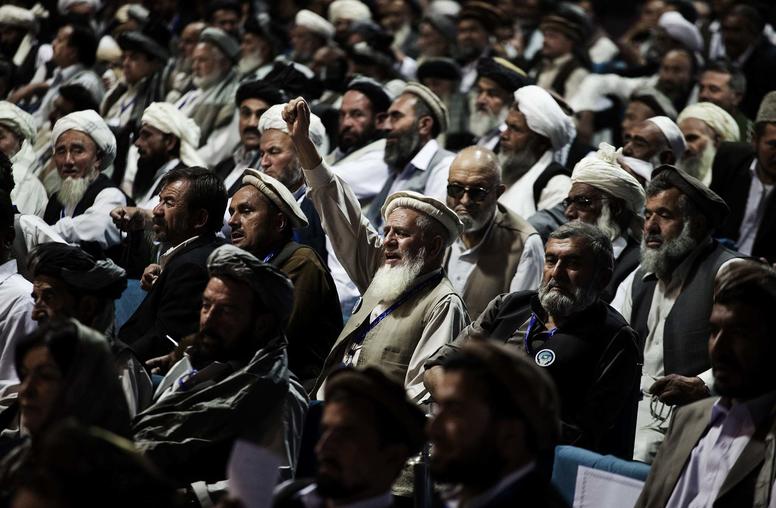
Afghan Peace Talks: Could a Third-Party Mediator Help?
At present, the Afghan peace negotiations (APN) between the Afghan government and the Taliban do not involve any third-party presence beyond hosting and supporting roles. The parties to the conflict and members of the international community might consider the benefits of a neutral, third-party mediator to help resolve the impasses that have dogged and delayed the negotiations so far. While the presence of a mediator does not guarantee success, there are very few examples of a significant peace agreement that has been reached without some sort of third-party facilitation or mediation.
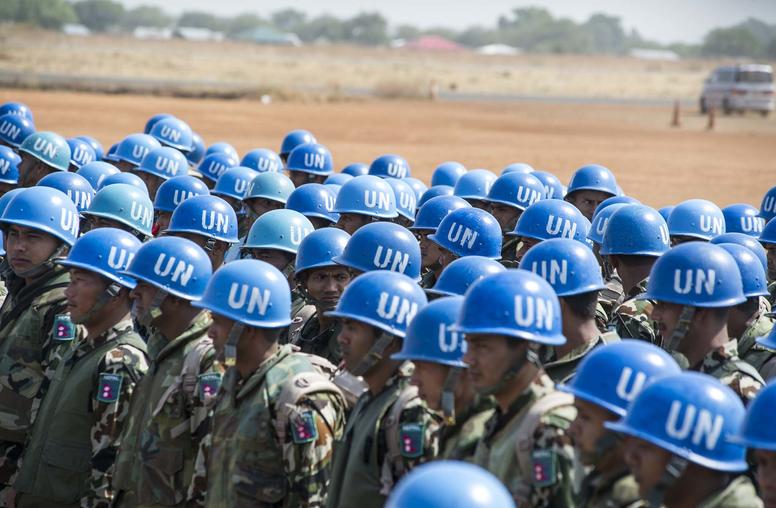
How the Biden Administration Can Revive U.N. Peacekeeping
When American politicians want to temper voter’s concerns over U.S. military commitments overseas, many employ perhaps the most worn-out foreign policy cliché: “The United States cannot police the world.” After all, the United States has neither the capacity nor a compelling national interest in putting boots on the ground to resolve every global crisis. But, this begs the question: Who will step forward when boots on the ground are needed?
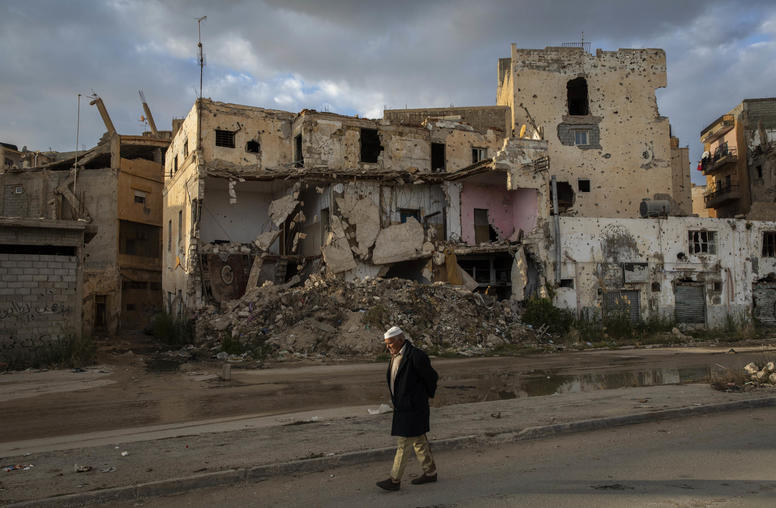
Libya 10 Years After Revolution: To Forgive or Forget
This week marks the 10-year anniversary of the uprising that overthrew the four-decade dictatorship of Muammar Qaddafi. In the intervening decade, Libya has been mired in conflict and political gridlock, exacerbated by competing power centers and longstanding tribal hostilities. What’s more, a host of foreign powers have entered the fray, looking to pursue their own interests rather than build a peaceful Libya. While there is momentum toward peace in recent months, Libyans will have to decide for themselves how to arrive at reconciliation and build a roadmap to get to a sustainable peace. But what does that look like?
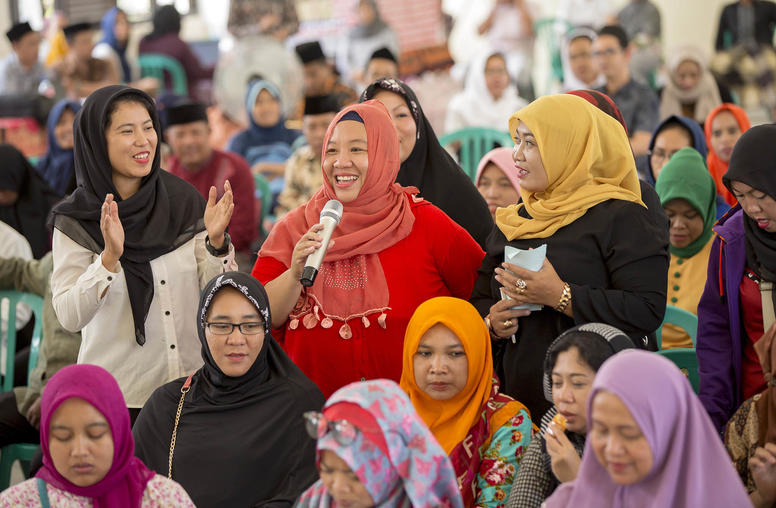
Women’s Inclusion in Peacebuilding Needs to Start Earlier and Go Further
More women are participating in peace processes, but institutions still need to make sure that women’s roles are meaningful rather than just symbolic — and that requires looking far beyond reserving seats at the table during peace negotiations.
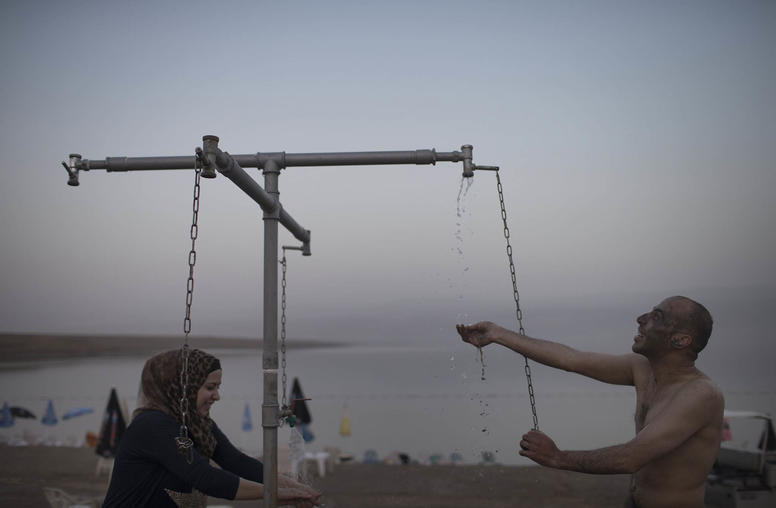
Water Can Be a Rare Win-Win for Israelis, Palestinians and the Region
From Israel’s turbulent electoral politics and Palestinian political dysfunction to the cycle of intercommunal violence in the West Bank and the humanitarian catastrophe in Gaza, it’s rare for much good news to come out of the Israeli-Palestinian context these days. But this June, a hopeful story emerged from the impoverished Gaza Strip when its Mediterranean beaches were deemed safe for swimming for the first time in decades.
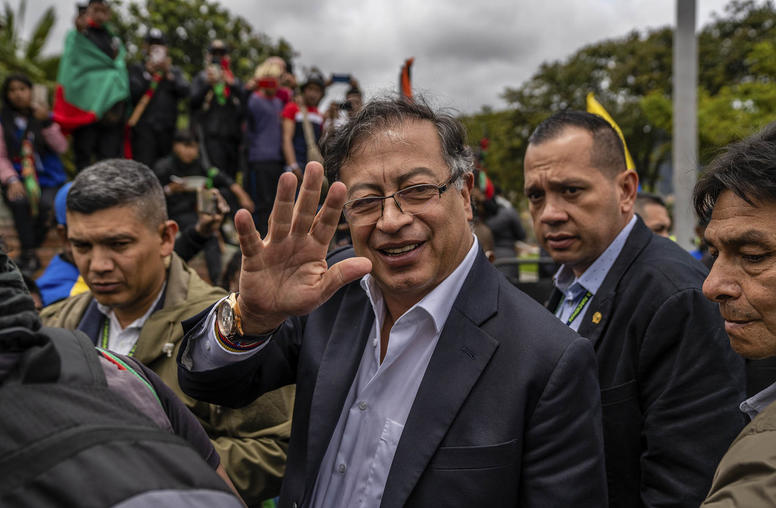
Colombia’s Renewed Peace Talks with ELN Rebels Provide Historic Opportunity
As part of its ambitious “Total Peace” agenda, the new Colombian government recently restarted peace talks with the National Liberation Army (ELN), marking the first new negotiations since January 2019. And while this cycle of talks adopted the same agenda and process framework as the previous efforts, current President Gustavo Petro appointed a diverse and broad negotiations team in the hopes of generating early momentum and support. Petro intends to advance on partial accords as quickly as possible — building up to a comprehensive agreement before his brief four-year term in office is complete.
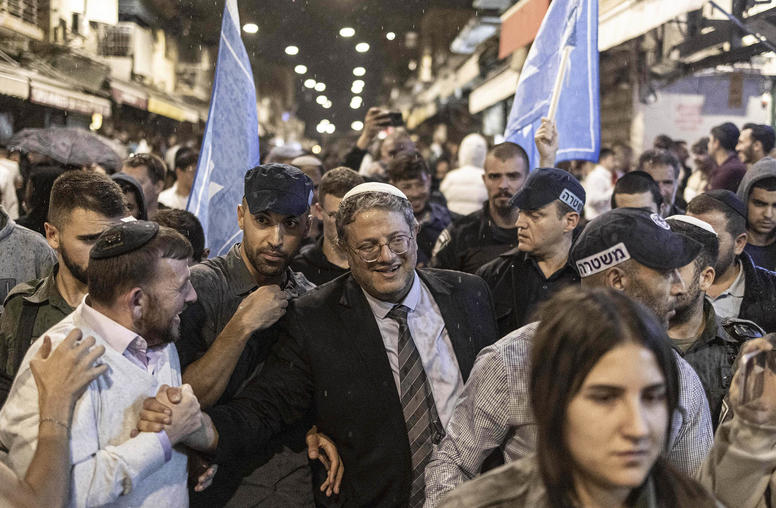
What Does Israel’s New Government Mean for the Israeli-Palestinian Conflict?
As 2022 came to a close, Benjamin Netanyahu once again took the helm of Israel’s government just 18 months after losing power in the wake of a series of stalemated elections. Already Israel’s longest-serving prime minister, Netanyahu’s approach to foreign policy, and to the conflict with and occupation of the Palestinians, is to some extent a known quantity. However, with his comeback and governing coalition dependent on the support and partnership of once-fringe extremist parties and politicians, 2023 holds the potential for conflict-driving disruption. USIP’s Lucy Kurtzer-Ellenbogen discusses the possible implications of Israel’s new government for the Israeli-Palestinian conflict and for Israel’s regional and foreign relations.
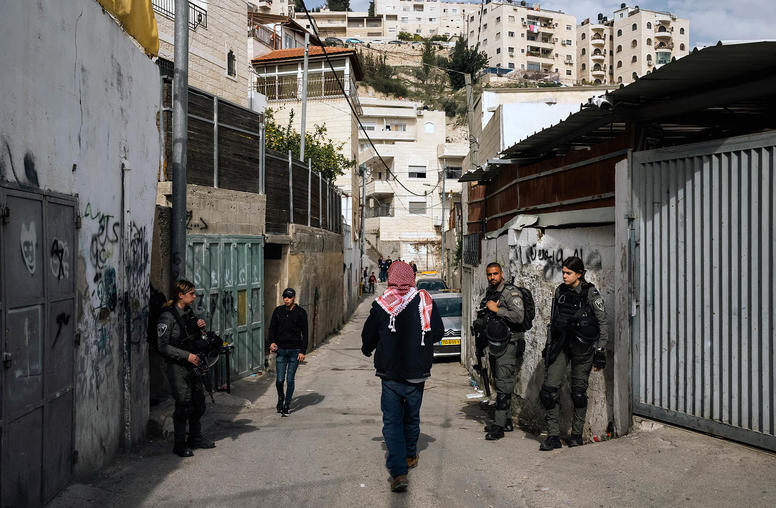
For Israelis and Palestinians, a Tragic Spiral Reemerges
Since late last week, violence between Israelis and Palestinians has rapidly escalated in the West Bank and around Jerusalem, and January has proven to be one of the most violent months in the West Bank in decades. Attacks continue, exacerbated by bitter publics, frenzied politics and fragile institutions in the West Bank. The Israeli-Palestinian conflict may be in a spiral toward a third intifada and even the possible end of the two-state paradigm.
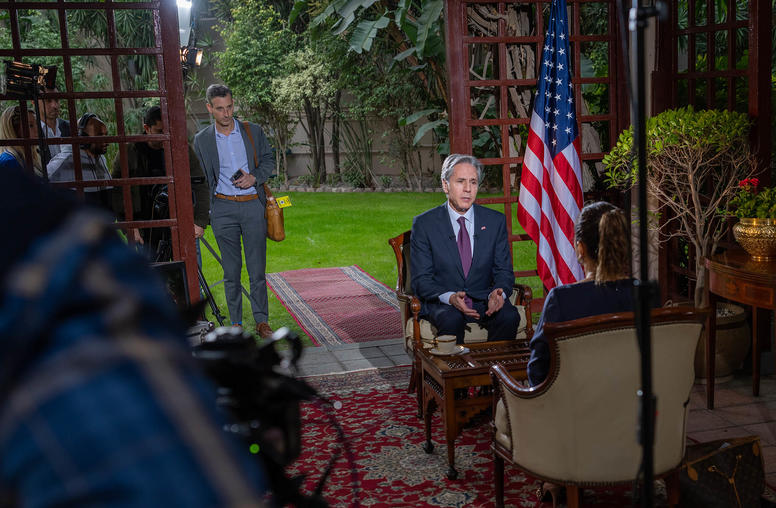
Takeaways from Blinken’s Trip to the Middle East
The Middle East has not been a high priority for the Biden administration thus far, with issues such as Russia’s war in Ukraine and escalating tensions with China taking precedence. However, recent developments in the region are catching the administration’s attention, and Secretary of State Antony Blinken’s visit to Egypt, Israel and the West Bank earlier this week sought to reaffirm U.S. engagement in the Middle East amid political turnover in Israel, spiraling violence in the Israeli-Palestinian arena, stepped-up Iran-Israel tensions and a deepening economic crisis in Egypt.
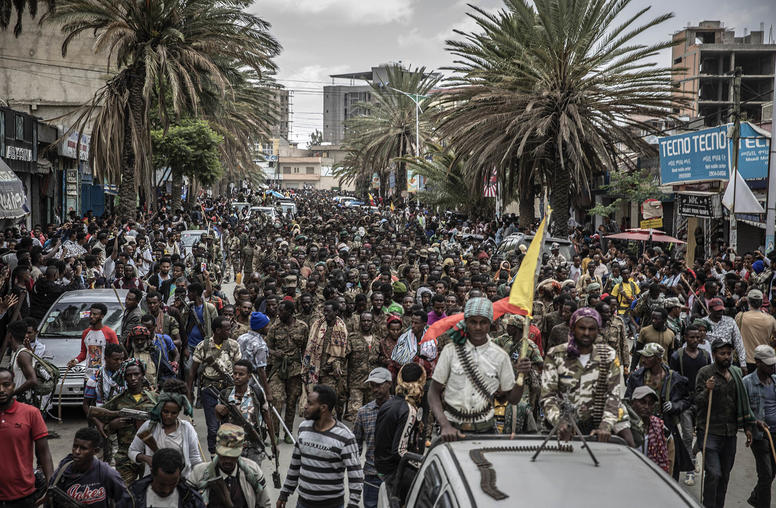
Peace for Ethiopia: What Should Follow Blinken’s Visit?
Secretary of State Antony Blinken’s talks in Ethiopia and his announcement of new U.S. aid this week advance vital steps for building peace in the country and greater stability in East Africa. Yet those tasks remain arduous and will require difficult compromises on all sides in Ethiopia’s conflicts. U.S. and international policymakers face a tough calculation over how to mesh critical goals: restoring full trade and economic assistance to help Ethiopia meet its people’s needs while also pressing all sides to advance justice and reconciliation to address the atrocities committed and damage caused during the war.